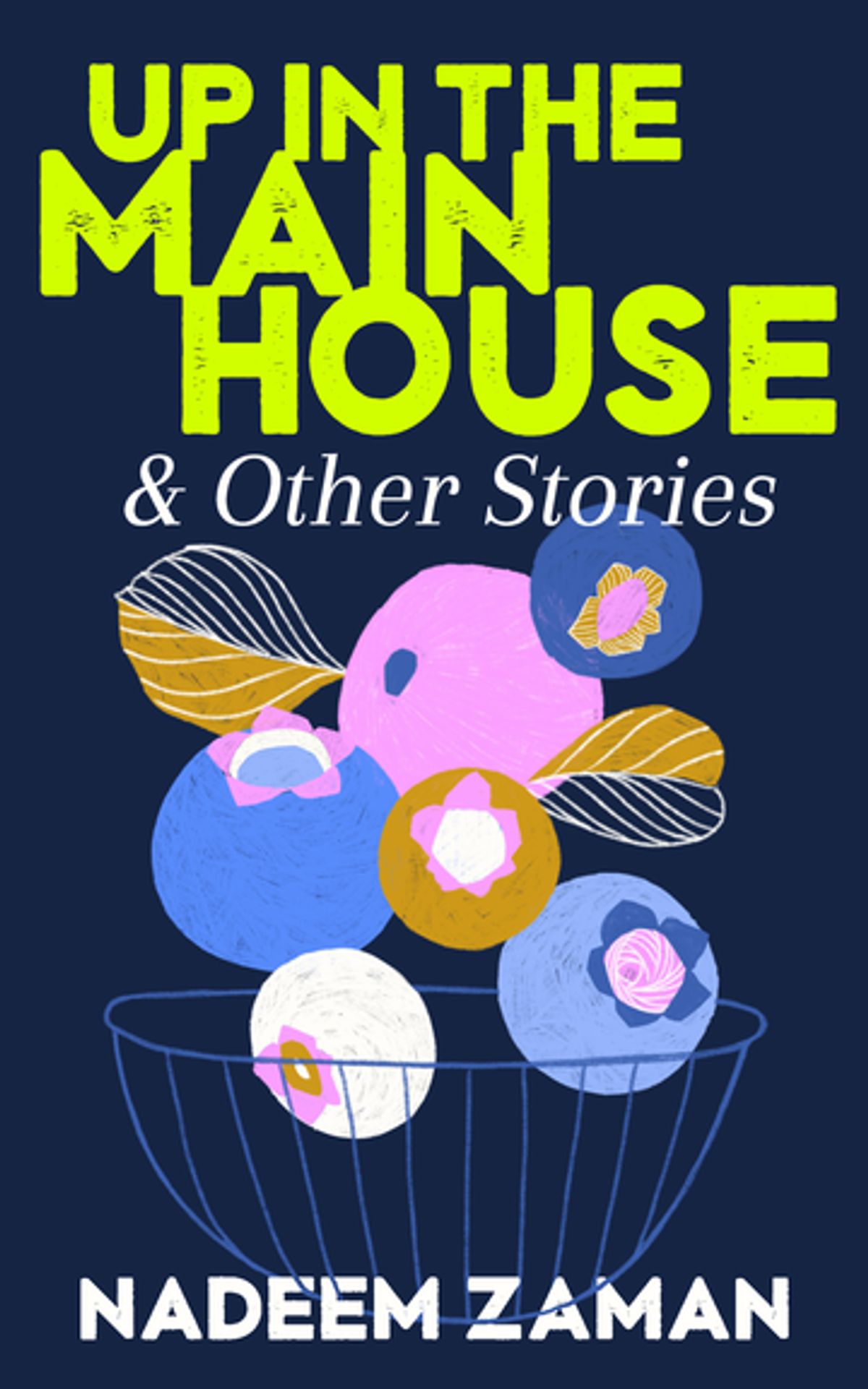Books
The conventional margin, reimagined at the centre
Nadeem Zaman’s stories have relatable portrayals of Bangladesh here and there, but they do not bring out the true essence of a people and its culture.
Richa Bhattarai
“I’m a poor farmer, sahib. Son and grandson and great-grandson of servants and farmers. The police and Zilla Parishad see me as they see insects. As a nuisance. I don’t have money to appear before them. Without money, they have no ears for people like me.”
In the story The Father and the Judge disheveled villager Shamsher Ali, “giving off the ripe odor of unwashed clothes and skin”, pays a visit to influential Judge Qureshi. He is seeking justice for his daughter, living a precarious life after the husband’s infertility becomes common knowledge in the village. When the judge chastises him and tells him to lodge a police report, Shamsher Ali responds with the lines above.
And how true are his words, how real his predicament. Discomfitingly close to life in Bangladesh, and indeed, the whole of South Asia and beyond. The plight of the downtrodden, the subaltern, the deliberately ostracised. In his second work of fiction, and the first anthology of stories, Bangladeshi-American writer Nadeem Zaman has put these characters, so conveniently relegated to the margins of the society, at the very centre of his plots.
The stories might be set up in the ‘main house’, but the most interesting protagonists are the invisible ones that keep the grand house, and the entire world, running—the cook and maid, the watchkeeper and caretaker, the mugger and the thief. One of the most interesting stories of the seven short pieces is The Caretaker’s Dilemma, in which caretaker Abdul Hamid is trying to marry off his daughter Shiuli. It is a sad story that lays bare everything that goes underneath a veneer of well-being: politics and power; of a sexual orientation repressed by family, and the same family controlling its children.
There are sharp parallels between the poor but proud caretaker Hamid and his employer Harun Qureshi. When Qureshi marvels at how Hamid’s daughter’s father-in-law demands a dowry even though he is a friend, Hamid retorts, “In these matters, no one is a friend. You have friends in business. Are they friendly in matters of money?” And there it is: the core of humans and their relationships, no matter which class they might belong to. The bitter truth of money, the way it mends and sours friendships. The story gives readers plenty to mull over as it closes unfinished, adding to the raw and indecisive nature of the characters and the plot.

The title story Up in the Main House begins with a similarly interesting theme. When the employers are away, house-help Anwara fulfills her fantasies of draping on the mistress’ dresses and lounging on her bed. Unable to keep up with her high-handedness, husband Kabir is shooed away. Meanwhile, the elderly security guard Ramzan sleepwalks through his duties, addressing Kabir with a paternal “young blood” that is endearing at first, but quickly becomes annoying as it is repeated for the hundredth time. Much like the story, which holds so much promise and veers off to another unexpected angle, finally languishing into a mediocre tale.
Anwara’s waywardness is exciting to imagine, but cannot carry the story forward. The presence and agency of women characters in heartening though. They fulfil their whims, they converse and express, they dream and argue. In ‘Dual Income’, Shama reaches for a job even though her husband slightly disapproves. After a promising start, a peek into the middle-class family, of a woman trying to make her way back to the workplace as her husband both supports and opposes her, the story takes a mundane turn—a regular event in the city perhaps, but a rather unsatisfactory climax for a story building so well.
This does not, however, take away from the spirited women of Bangladesh as portrayed in the stories. Mrs Zahir in The Happy Widow proclaims, “There are great advantages to being a widow,” while young Shiuli, displeased with the man she is slated to marry, pouts, “He is no prince.” The other characters are quite satisfactory drawn, too, unfurling mannerisms and spouting quotes that are, perhaps, reminiscent of the streets of Dhaka and beyond.
The specialty of the stories, that of centralising the margin, is clearly a winner. It adds a humane, gritty yet soft side to the people who many of us take for granted each day. Zaman is sensitive in his treatment of these characters, and attempts to view the world from their perspective. Unlike other stories, the poor or the disadvantaged do not merely ache. They speak out, they protest, they dream and philosophise.
But the author seems too eager to establish his characters as the overlooked “good” in this world. Almost every story has an insertion of a “moral” or “poetic” line, where the rich are corrupt and godless, while the downtrodden are pure of heart and deserve all our sympathies. This might be an unconscious bias, but it definitely is overdone in the stories, with the rich and their depravities; the poor and their suffering.
And for stories that seem to make an effort to delve into the heart and soul of Bangladesh, the setting is not rendered convincingly enough. There are relatable portrayals of the country here and there, but the stories are unable to bring out the true essence of a people and its culture, just making do with perfunctory and superficial descriptions.
The style itself is not exceptional but quite comfortable, and it grows on you as you flip through the stories. The author does have a tendency to lean towards lengthy and convoluted constructions, take this for example: “Captain Akbar Moyeen, in uniform, glittering and blinking with medals, finally sat next to his new wife in the back of the Toyota that was decked with strings of marigolds and white roses, and the couple was driven the fifteen minutes to the flat where, two decades later, Mr. Moyeen would leave the new Mrs. Rosie Moyeen widowed.”
An earnest attempt to present the lives of the underserved, their hierarchies and limitations; and the infinite possibilities their future yet holds.
Up in the Main House & Other Stories
Author: Nadeem Zaman
Publisher: Unnamed Press
Pages: 163




 17.12°C Kathmandu
17.12°C Kathmandu










